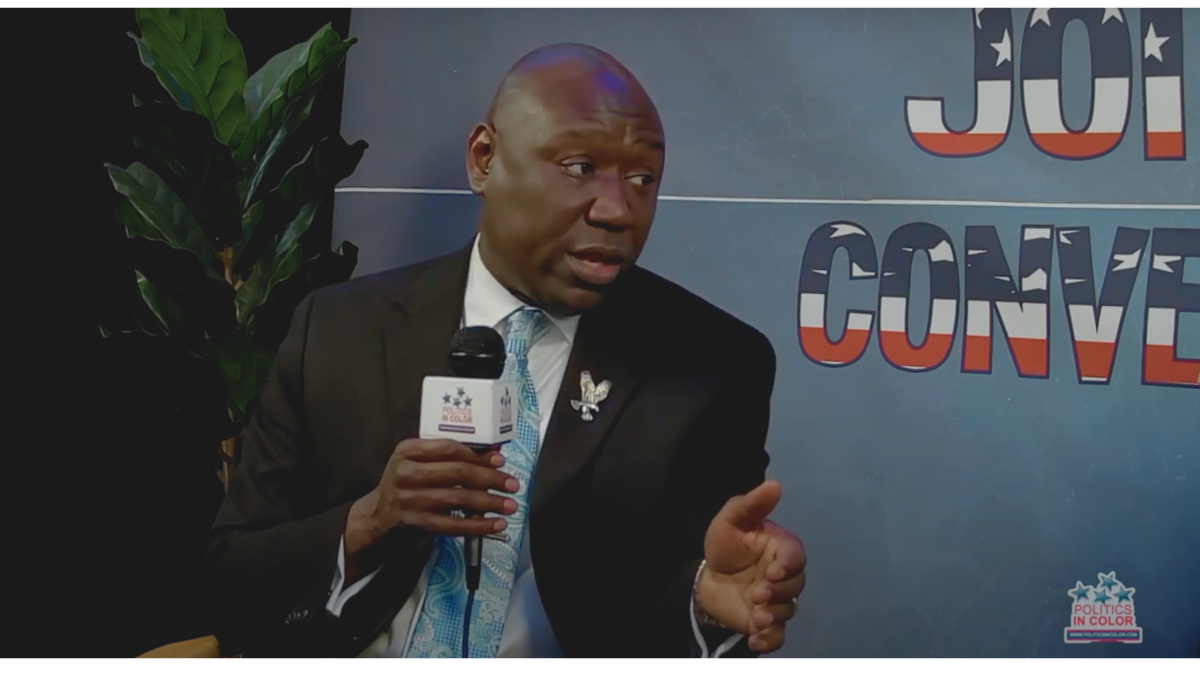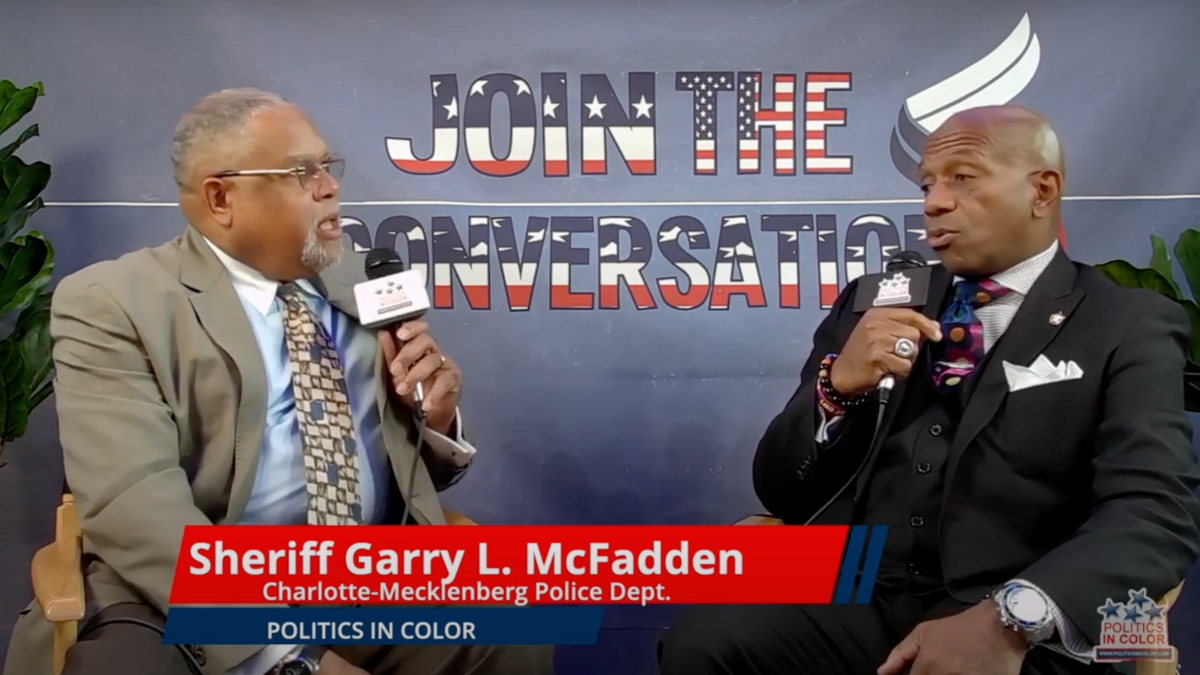Law Enforcement
Fatal Consequences: The Perilous Intersection of Police Tactics and Public Safety
In the ongoing dialogue surrounding law enforcement practices, a troubling trend has emerged: the use of tactics ostensibly meant to subdue individuals too often results in tragic, and sometimes fatal, outcomes.
In the ongoing dialogue surrounding law enforcement practices, a troubling trend has emerged: the use of tactics ostensibly meant to subdue individuals too often results in tragic, and sometimes fatal, outcomes. Instances of police intervention intended to stop people in their tracks have, in far too many cases, ended with lives lost, prompting renewed scrutiny of police protocols and training methods.
From routine traffic stops to more volatile encounters, the escalation of force by police officers has become a point of contention, particularly in cases where non-lethal alternatives could have been pursued. The proliferation of body cameras and bystander footage has shed light on these incidents, sparking outrage and calls for accountability.
One notable example is the use of chokeholds and other forms of physical restraint, which have garnered significant attention in recent years due to their association with a number of high-profile deaths. While some departments have moved to ban these tactics outright, others continue to defend their use, citing the need for officers to maintain control in potentially volatile situations.
The deployment of less-lethal weapons, such as tasers and bean bag rounds, also raises questions about their efficacy and potential for misuse. While intended as alternatives to deadly force, these weapons can still inflict serious harm and even prove fatal under certain circumstances.
“Efforts to reimagine the role of police in society and explore alternative models of public safety have also gained traction.”
Moreover, the prevalence of militarized tactics and equipment within law enforcement agencies has further blurred the line between peacekeeping and combat. The use of armored vehicles, flash-bang grenades, and other military-grade gear has raised concerns about the militarization of police forces and its impact on community relations.
In response to these concerns, calls for police reform have grown louder, with advocates pushing for greater transparency, accountability, and de-escalation training within law enforcement agencies. Efforts to reimagine the role of police in society and explore alternative models of public safety have also gained traction, as communities seek solutions to address systemic issues within the criminal justice system.
As the debate over police tactics and their consequences continues to unfold, one thing remains clear: the need for meaningful reform is paramount. Lives are at stake, and the status quo is no longer acceptable. It is incumbent upon both law enforcement agencies and the communities they serve to work together to find solutions that prioritize public safety while respecting the dignity and rights of all individuals.
DNC
Attorney Ben Crump Says Social Justice, Civil Rights at Top Issues for VP Harris to Address

Listed amongst the Most Influential People of 2021 by TIME100, Ebony Magazine’s Power 100 Most Influential African Americans, The National Trial Lawyers Top 100 Lawyers, and the 2014 NNPA Newsmaker of the Year, Attorney Ben Crump is referred to as Black America’s Attorney General. Through a steadfast dedication to justice and service, renowned civil rights and personal injury attorney Benjamin Crump has established himself as one of the nation’s foremost lawyers and advocates for social justice. His legal acumen has ensured that those marginalized in American society are protected by their nation’s contract with its constituency. He is the founder and principal owner of Ben Crump Law.
DNC
Mecklenburg County Sheriff McFadden Focuses on Efforts to Keep His Community Safe

Sheriff Garry L. McFadden was elected to serve as the 45th Sheriff of Mecklenburg County and was sworn into office on December 4, 2018. Prior to being elected as Sheriff, Garry had a distinguished 36 year law enforcement career with the Charlotte-Mecklenburg Police Department where he served for over 20 years as a legendary homicide detective.
Garry’s unconventional methods and deep ties to the community helped him to solve hundreds of murders over the course of his illustrious career. As a detective, Garry had one of the highest solve rates in police department history which lead to him starring in his own television series, “I Am Homicide.” The series highlights some of Garry’s biggest cases and how the perpetrators were caught. Sheriff McFadden can still be seen on television in the series “Homicide City” on the Investigation Discovery (ID) network.
Sheriff McFadden is originally from Sumter, South Carolina (but affectionally calls Elliott S.C. home- also home to his beloved high school Mt Pleasant High “Striking Rattlers”) and came to Charlotte in 1977 to attend Johnson C. Smith University of which he is a proud alumnus. Since the start of his career Garry has been an advocate for change and committed to building bridges and breaking down barriers between law enforcement and the communities they serve.








